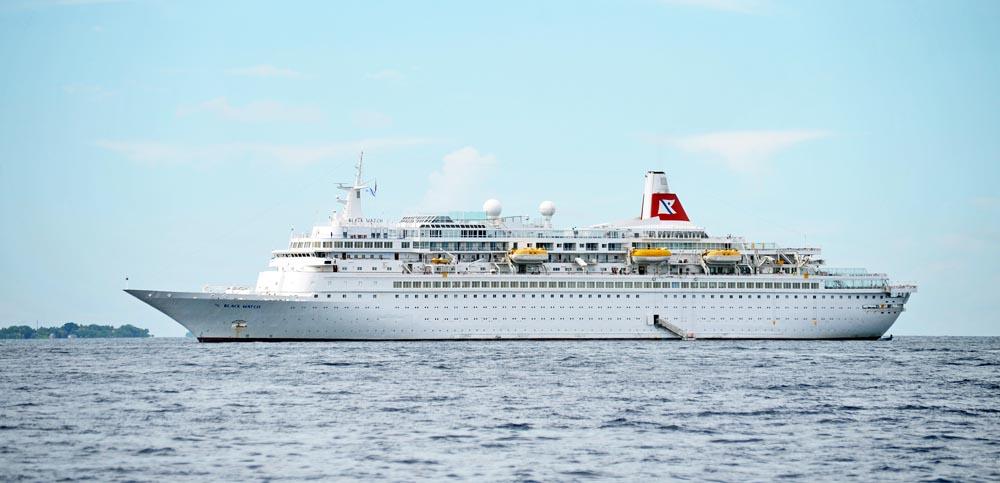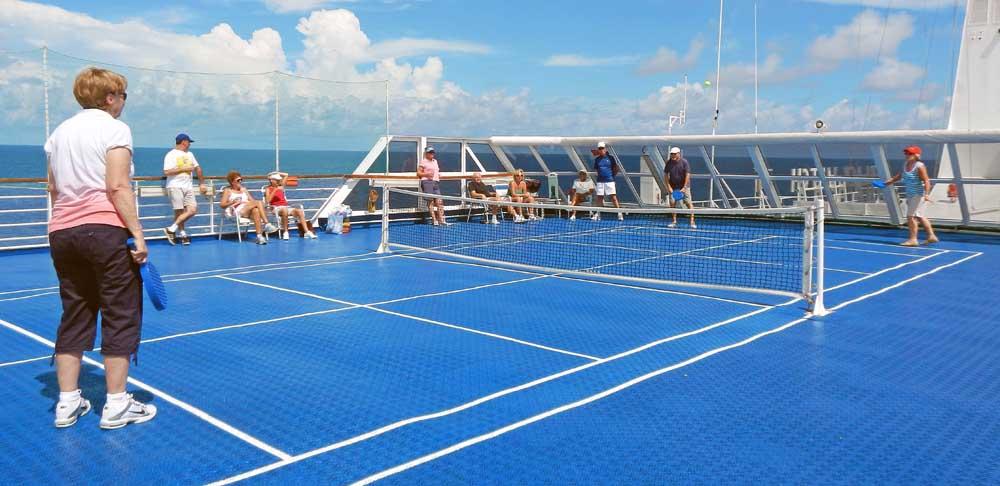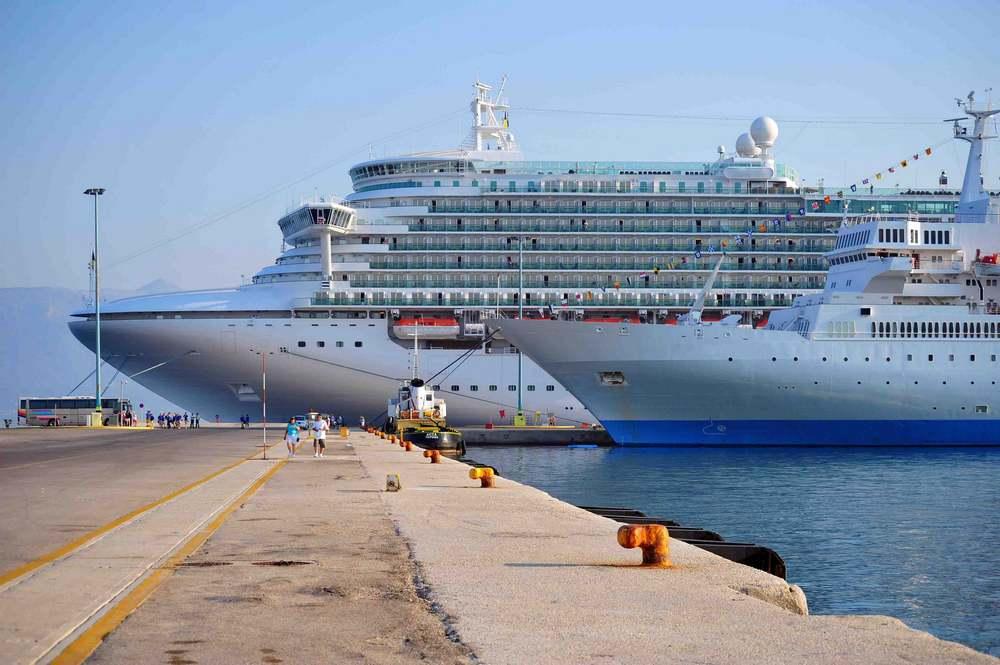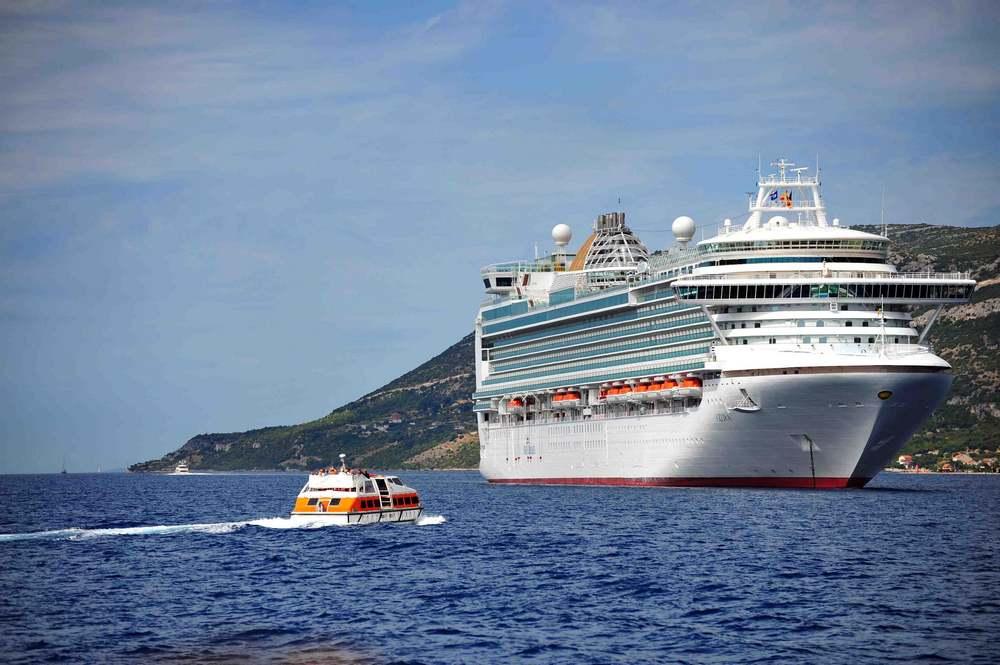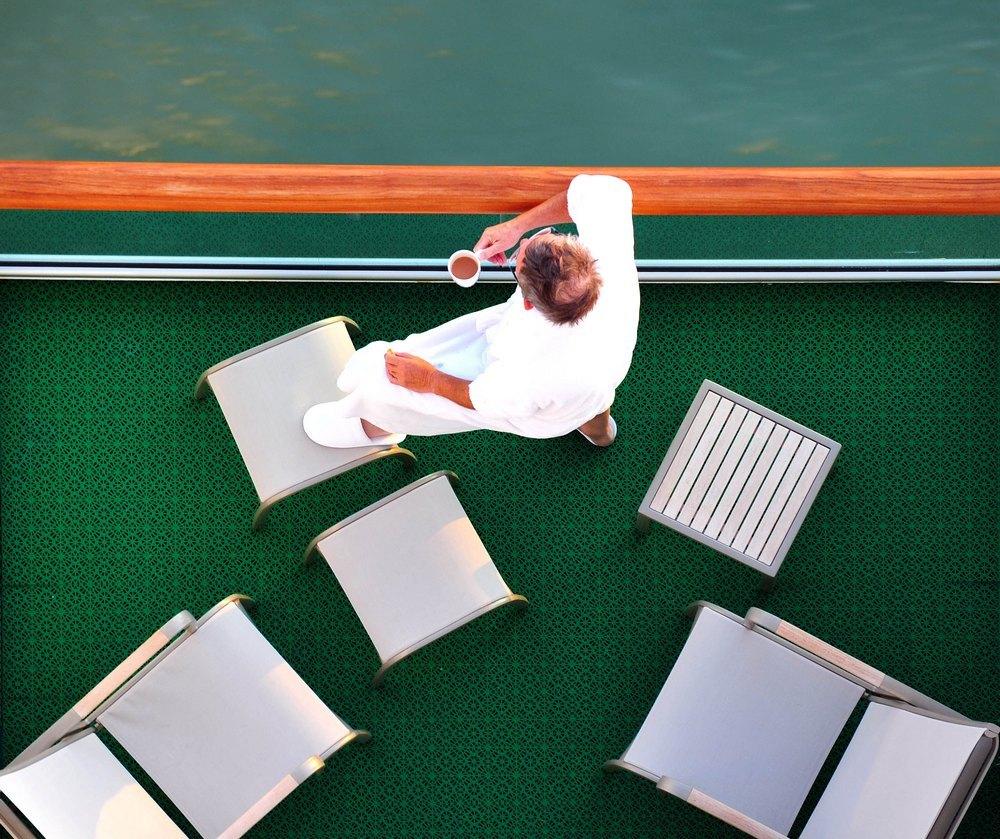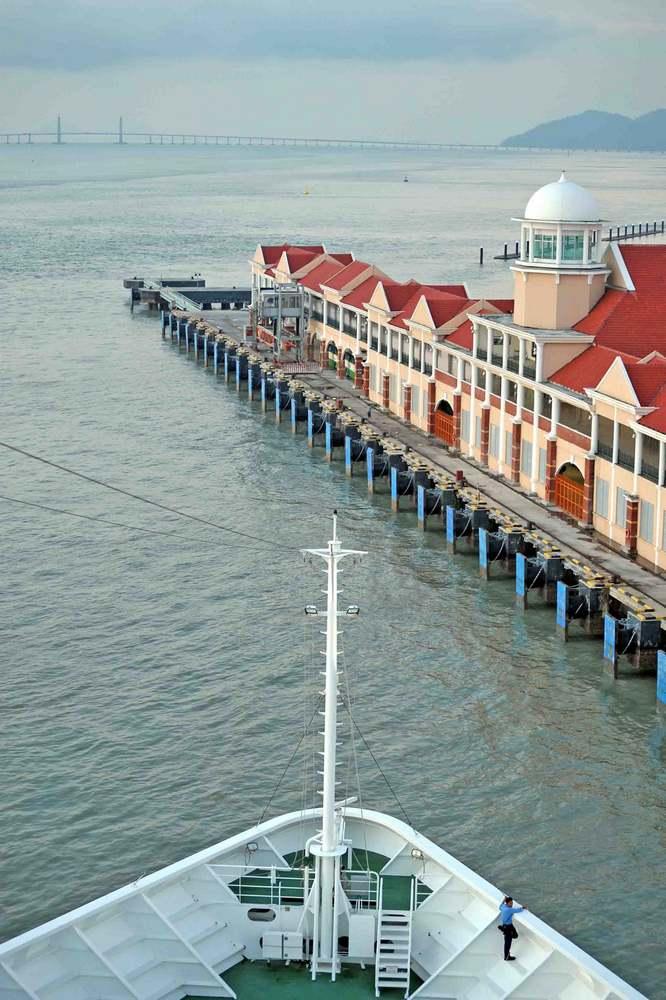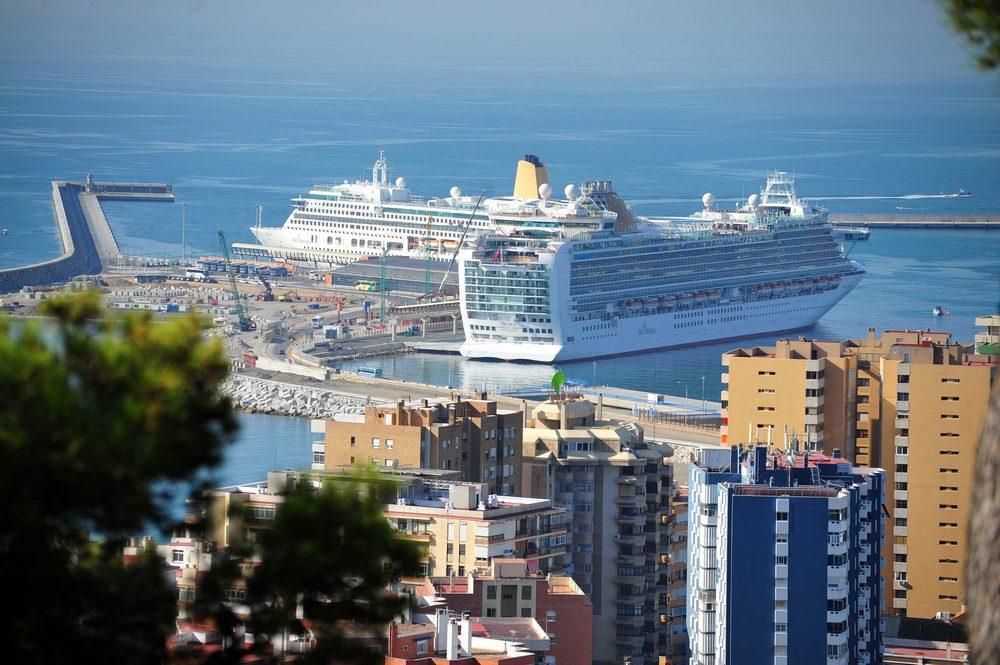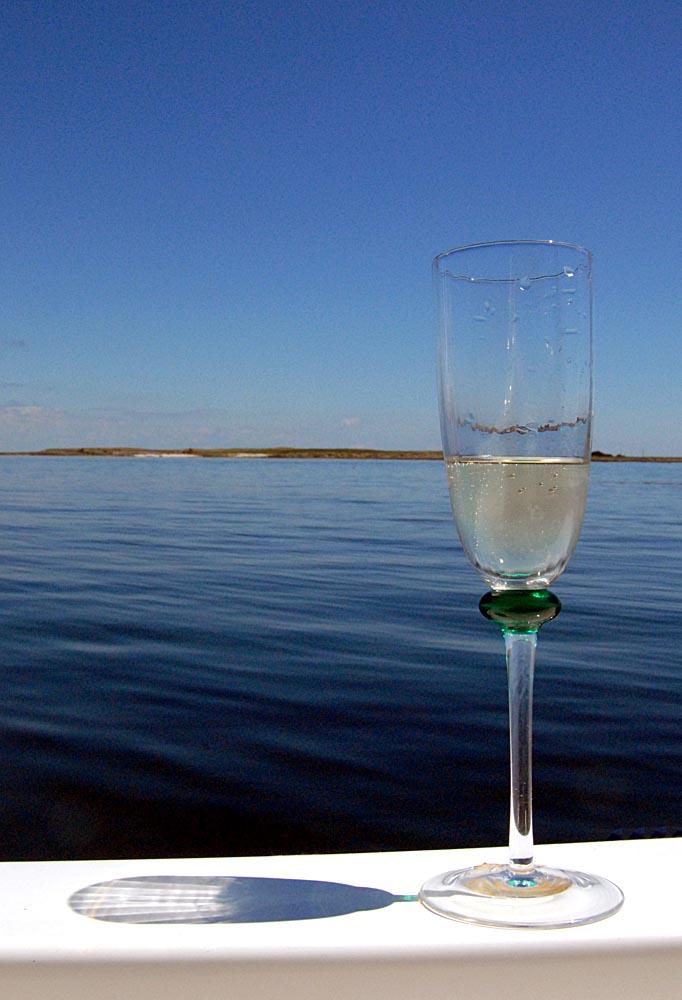Many have opinions about cruising; a good number of whom have never set foot on a ship! It’s not for everyone but there’s also a huge difference between not liking cruising because you don’t like cruising – and not liking cruising because you didn’t prepare for cruising.
Choosing if to cruise, with whom, where and how, can be crucial to the enjoyment of your holiday. Its worth considering these few pointers in order to make the most informed choice.
We’ve spent a good deal of time as guest speakers on various cruise ships on virtually all of the oceans of the world – although we have never actually chosen to cruise ourselves.
Whilst on board we’ve always kept our eyes and ears open, so if you are contemplating cruising then the following observations might be of interest to you in helping make up your mind.
We have no affiliations or axe to grind with any cruise line, so these hints and suggestions are completely impartial and should apply to them all.
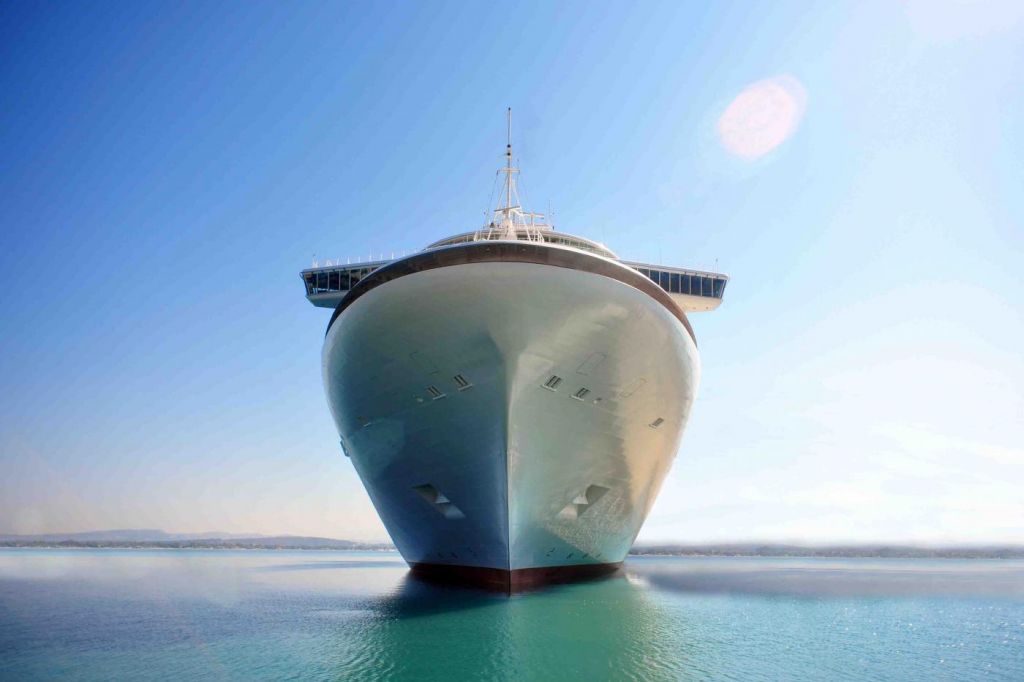
General
1) Why are you thinking of cruising?
This might sound silly but the answer to it will influence where you go and with whom.
If you are seeking rest and relaxation in the sun with little concern for destinations, then you’ll select an entirely different cruise from one with a busy schedule of port visits that’s like a skimming stone across the oceans of the world. You’ll also need to think about how much time you’d like in each port, as busy schedules mean you’ll briefly touch numerous ports of call but with insufficient time in any one to get a real appreciation of the country
Any cruise offers a compromise between these two extremes so you need to consider your reasons for travelling before you book.
2) How long do you wish to cruise for? This will influence where you start your cruise – as flying to meet the ship in an exotic location and leaving from another might mean that you can enjoy just the areas that are on your wish list; rather than waste time getting to them. A cruise that might start from a temperate port, means you’ll potentially be under grey skies for the first and perhaps last week of your cruise.
3) If you join a ship in your own country you’ll have few limitations on luggage, whereas if you join it in an exotic location you’ll avoid wasted time but pay the penalty of air travel luggage restrictions.
4) Check the schedule you’re considering, for when the ship travels/docks. Overnight passages allow maximum time within a port, whereas long sea days between destinations mean much more time on board – which is your preference?
5) Will you consider exercise? All cruise ships have exercise opportunities – from a brisk walk around the Promenade Deck to a programme of Yoga, Pilates or gym routines. We’ve found that deciding on a sensible programme of activity whilst on board does at least keep pace with our intake of food and drink. We’re not normally keen on gyms at home as they tend to be full of people keen to show us how much nicer their bodies are than ours whilst jumping up and down in a dense, rubber-infused atmosphere – but on board it does compensate for protracted periods of inactivity and gives us a reason to get up; beyond that of the next meal!
The Ship
1) Does your idea of luxury include families and young children? Your choice of ship will dictate the companions you meet and share time with on board, as well as the facilities on offer. Amusement arcades and nightclubs might not be your thing but could impact on your tranquillity.
2) Do you desire exclusivity or would you accept very large numbers on board? It’s not infallible but size of ship generally dictates this. We have found that the smaller the ship the more personal the service and the better camaraderie on board with both passengers and crew.
3) Be aware of the age of a ship as this can have serious repercussions in terms of maintenance and your enjoyment. We have experienced flooding of cabins, closure of facilities and delays in schedule; largely on older ‘well maintained’ or ‘refurbished’ craft.
4) Be aware of ship size in terms of destinations as this can often mean that you are mooring offshore and need to come ashore by launch, which can sometimes be difficult to embark and disembark from in choppy seas; especially if you have any difficulty with mobility. Most cruise lines will let you know in their schedules whether each ship docks alongside or moors off; so do take note if its likely to be an issue.
5) Be aware of where on the ship you choose your cabin to be. Generally higher decks mean more sumptuous accommodation but more movement of the ship if affected by weather. Outside or inside cabins are self-explanatory (dictating whether you have windows or not) and balconies can be a bonus. When all is said and done however, estimate just how much time you’ll actually spend in the cabin and make your decision based on this. Adequate storage space is a must but sometimes at a premium. One of the benefits of cruising is that you simply unpack and pack once for the duration of your journey. It’s annoying if you’ve insufficient space to completely unpack and end up living out of a suitcase, or three.
6) Be aware of on-board purchases and prices and what beverages are included with your dining. Do allow a healthy budget. We are often surprised by the queue of forlorn and often dismayed passengers in a queue at the Purser’s Office waiting to pay their interim bar/restaurant/purchases bills. This tends to be a direct reflection of the amount of ‘sea days’ in your schedule as you’re a captive audience looking for distraction at this time.
7) Check how many restaurants are on board and if there are any ‘boutique’ choices other than the communal catering offered by most. This gives you the choice of fine dining in a more secluded or private environment and a change from the same companions every night if you want the option.
The Destinations
1) Be aware of where the ship docks in relation to the port or city on the schedule. A port visit can often involve a long journey by coach or other means to a place of interest, which eats up most of the time on shore. Sometimes a shore visit can mean little more than a trip to the local shopping mall, where you can visit all the same places that you visit at home. Delays in the ship’s schedule for whatever reason can end up cancelling a port visit all together. This has been particularly galling for fellow passengers who have arranged to meet friends in far flung places.
2) If you seek the tranquillity of a visit to a desert island, or even a populated one, then consider the impact of perhaps three thousand people arriving at once – more if there are a number of ships in port at the same time. Will this affect your appreciation of the destination?
3) Do you have adequate time on shore to travel independently to sights and locations of your own choosing using local transport or hire car? This can often give you a totally different perspective on a port or country in the limited time you’ll have available; as you won’t become part of an organised throng invading each location. This will generally depend on how brave or active you are and in our experience most cruisers want the luxury of being looked after every step of the way, rather than suffer the inconvenience of making separate arrangements. That’s fine, everyone to their own but just be aware of the effects of this approach. We’re often surprised how many people we’ve met on cruises who are simply there for the sun, relaxation and companionship – it’s almost academic where in the world they are as they love to stay on board all the time!
Summary
If you think carefully about your wishes and preferences before embarking on a cruise then you’re all the more likely to enjoy it if you decide to go. It’s quite a long time to spend on a ship if you haven’t done so. We’ve met many on board who take great pride in telling us how many cruises they’ve been on – so if you take on board some of what we’ve mentioned above and its still for you – perhaps you’ll become one of them.
Happy sailing!

